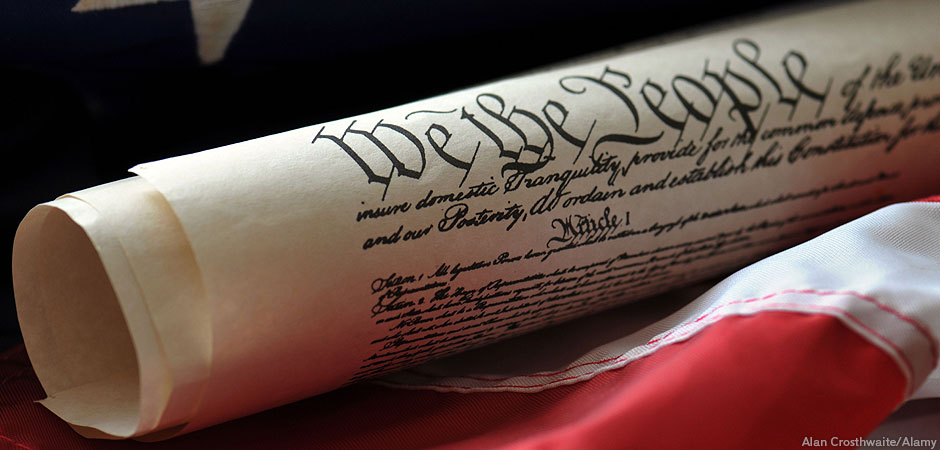
We live in a country where it is easy to take our freedom for granted. But the concept that the government must answer to its citizens is a very complicated idea. Despite the challenges and the shortcomings that are a reality in our very complicated nation, the basic foundation of our democracy remains a model for much of the world. As American citizens approach the 4th of July, the nation pauses to reflect on what it means to be an American, from the mouths of some of its most notable sons and daughters.

A Nation of Immigrants
America is a nation created by all the hopeful wanderers of Europe, not out of geography and genetics, but out of purpose.
–Theodore H. White, American journalist and writer
While White spent much of his career reporting from China, he was able to take his experience covering foreign cultures and wrote a series of books called The Making of the President (1960, 1964, 1968 and 1972). He was also responsible for applying the label of Camelot to the Kennedy family due to a LIFE magazine article about the young American president.
We are a nation of communities, of tens and tens of thousands of ethnic, religious, social, business, labor union, neighborhood, regional and other organizations, all of them varied, voluntary, and unique . . . a brilliant diversity spread like stars, like a thousand points of light in a broad and peaceful sky.
–George H.W. Bush, 41st president
This quote comes from a speech the former president made upon accepting his nomination at the 1988 Republican National Convention. It became so popular that he expanded upon the idea during his inauguration. The phrase was ultimately used to create a foundation dedicated to recognizing extraordinary contributions of ordinary Americans from all over the country.

Individual Responsibility and Freedom
A nation is formed by the willingness of each of us to share in the responsibility for upholding the common good.
–Barbara Jordan, American congresswoman and educator
This Texas-born politician lived a life of “firsts”–first African-American elected to preside over a legislative body anywhere in the country, and first African-American woman elected to the U.S. House of Representatives among them. Throughout her career, she was deeply committed to human rights and dignity.
As long as men are free to ask what they must, free to say what they think, free to think what they will, freedom can never be lost . . .
–J. Robert Oppenheimer, American physicist
In 1939, news that Germany had developed the capability of making powerful weapons, President Roosevelt created the Manhattan Project and named scientist Oppenheimer the director. His team was responsible for creating the atomic bomb, which the U.S. dropped on Hiroshima, Japan in 1945. Oppenheimer’s story is complicated by the fact that he was greatly conflicted over the moral implications of his achievement.

Improvement Toward Our Ideals
Of all nationalities, Americans are the best in adapting themselves.
–Jennie Jerome Churchill, American-born English writer
Did you know that the mother of British prime minister Winston Churchill was born in the United States? She was a wealthy socialite whose family relocated to Paris during her childhood. After marrying Lord Randolph Churchill, she became the first American woman to be accepted by English high society. In addition, she founded a literary magazine, wrote plays and essays.
Whatever America hopes to bring to pass in this world must first come to pass in the heart of America.
–Dwight D. Eisenhower, 34th President
The former president praised for handling tensions with Russia and ending the Korean War, was as well-known for his role as the supreme commander of the Allied forces during World War II. Although he was later criticized for not doing enough to enforce desegregation, Eisenhower sponsored and signed the first significant civil rights bill since Reconstruction.
